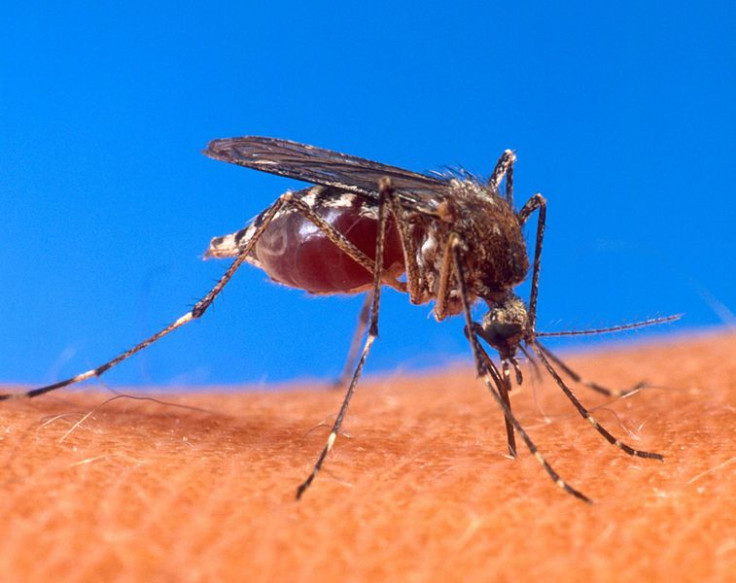Why Are Mosquitoes Becoming Resistant To DEET?

If a recent paper published in PLOS One is any indication, summers may get a lot worse for many around the world.
James Logan, Nina Stanczyk and colleagues from the London School of Hygiene & Tropical Medicine have previously reported that some mosquitoes have a genetic mutation that prevents them from smelling and being bothered by repellents.
To actually test whether some mosquitoes were in fact unaffected by DEET based repellents they tested how long mosquitoes were blocked from being attracted to heat and human skin.
It only took three hours for the mosquitoes to become desensitized to the DEET based repellent.
By attaching electrodes to the antennae of the mosquitoes, where they smell chemicals, they noticed that they were sending less signals to the brain. Similar to what happens to humans when we smell something and become desensitized to it.
This has huge implications for those who travel to tropical areas where mosquitoes carry diseases such as West Nile Virus or Dengue Fever. The research shows that people must not rely solely on DEET based sprays to deter mosquitoes and be safer in the areas they travel to and what clothing they wear.
"This doesn't mean that we should stop using repellents -- on the contrary, DEET is a very good repellent and is still recommended for use in high risk areas," said Logan in an interview with e! Science News. "However, we are keeping a close eye on how mosquitoes can overcome the repellent and ways in which we can combat this."
The article published in PLOS One can be found here.



























